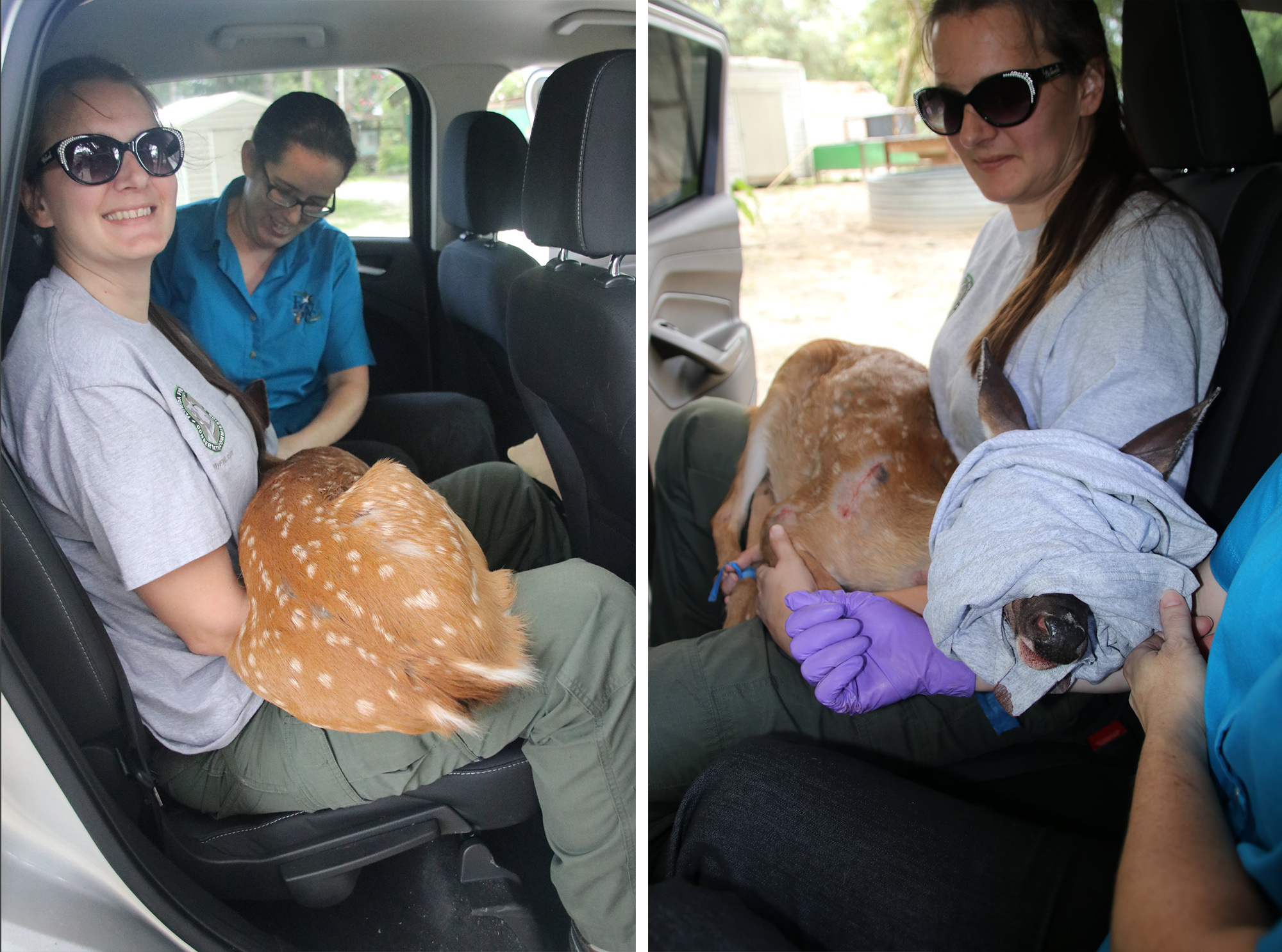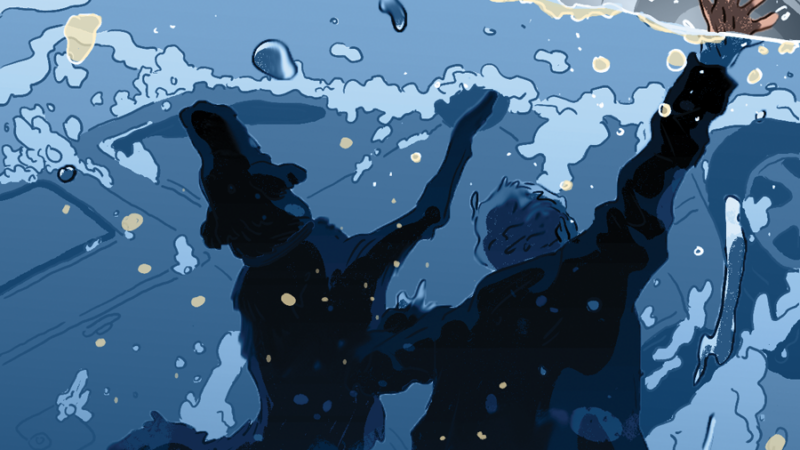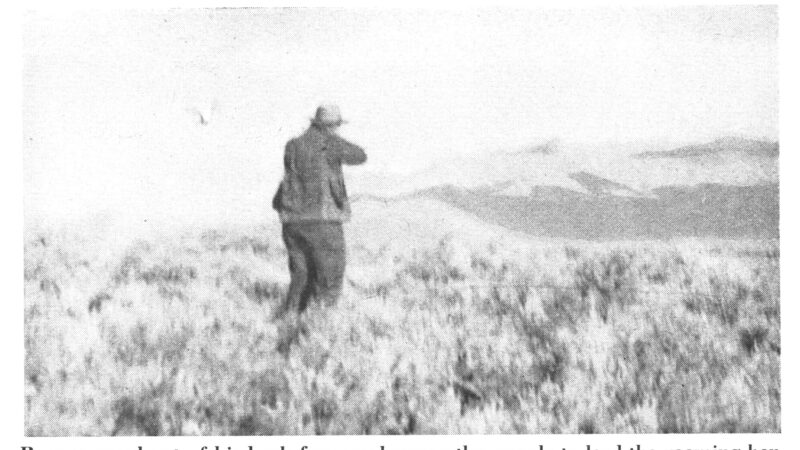With the Spread of Chronic Wasting Disease, It’s Now Illegal to Rehabilitate Fawns in Tennessee
Now that does have dropped their fawns all across Tennessee in May and June, the state is navigating a new law designed to combat the spread of chronic wasting disease. Wildlife rehabilitators there are now barred from accepting whitetail fawns for treatment over worries that CWD might spread faster throughout the state.
The recent law change was a recommendation presented by TWRA and voted on by the state’s wildlife commission last summer to “better align with the CWD Management Plan and to reduce the spread of the disease,” TWRA spokesperson Emily Buck tells Outdoor Life. “It … changed the rehabilitation and transport rules on all whitetails, not just fawns.”
People often drive fawns long distances to reach rehab facilities, and fawns are often transported similar distances when they’re returned to the wild, according to TWRA. The new prohibition falls in line with modern CWD mitigation protocols used by many other states. In Texas, for example, transport of live, captive deer is prohibited until those deer test negative for CWD.
“The goal was to stop the transportation of live deer,” Buck says of the Tennessee rule change. “Because rehabilitating deer would often require them being transported over county lines, it was an unfortunate but necessary decision to make sure the agency was being proactive in slowing the spread of CWD.”

Photos by Karen Parker / FWC
So far, chronic wasting disease has been detected in 16 counties in Western Tennessee. An additional five counties are considered high-risk for the spread of CWD. The highest concentrations of infections are in Fayette and Hardeman counties, which both border northern Mississippi.
“They’re being really proactive with this decision because we do not want that to be a problem that we have to deal with,” Walden’s Puddle Animal Care director Joanna Prosser tells WKRN. “We would have to shut down our center if the contamination reaches us. So, they’re doing this to prevent that from becoming a problem.”
A positive outcome of the new law is that the public may be less inclined to “rescue” whitetail fawns that appear abandoned. In many cases perfectly healthy fawns are often captured and transported to rehabilitation facilities. The public should report fawns that are visibly injured to TWRA. If a fawn isn’t visibly injured, don’t touch it and back out of the area.
Read Next: Can Ticks Kill Fawns?
“It is best to leave the fawn where you found it as the doe will return to nurse the fawn when it is safe,” TWRA advises. “If you have picked up the fawn, please return it to the location it was found.”
The post With the Spread of Chronic Wasting Disease, It’s Now Illegal to Rehabilitate Fawns in Tennessee appeared first on Outdoor Life.
Source: https://www.outdoorlife.com/conservation/fawn-rehabilitation-tennessee/




